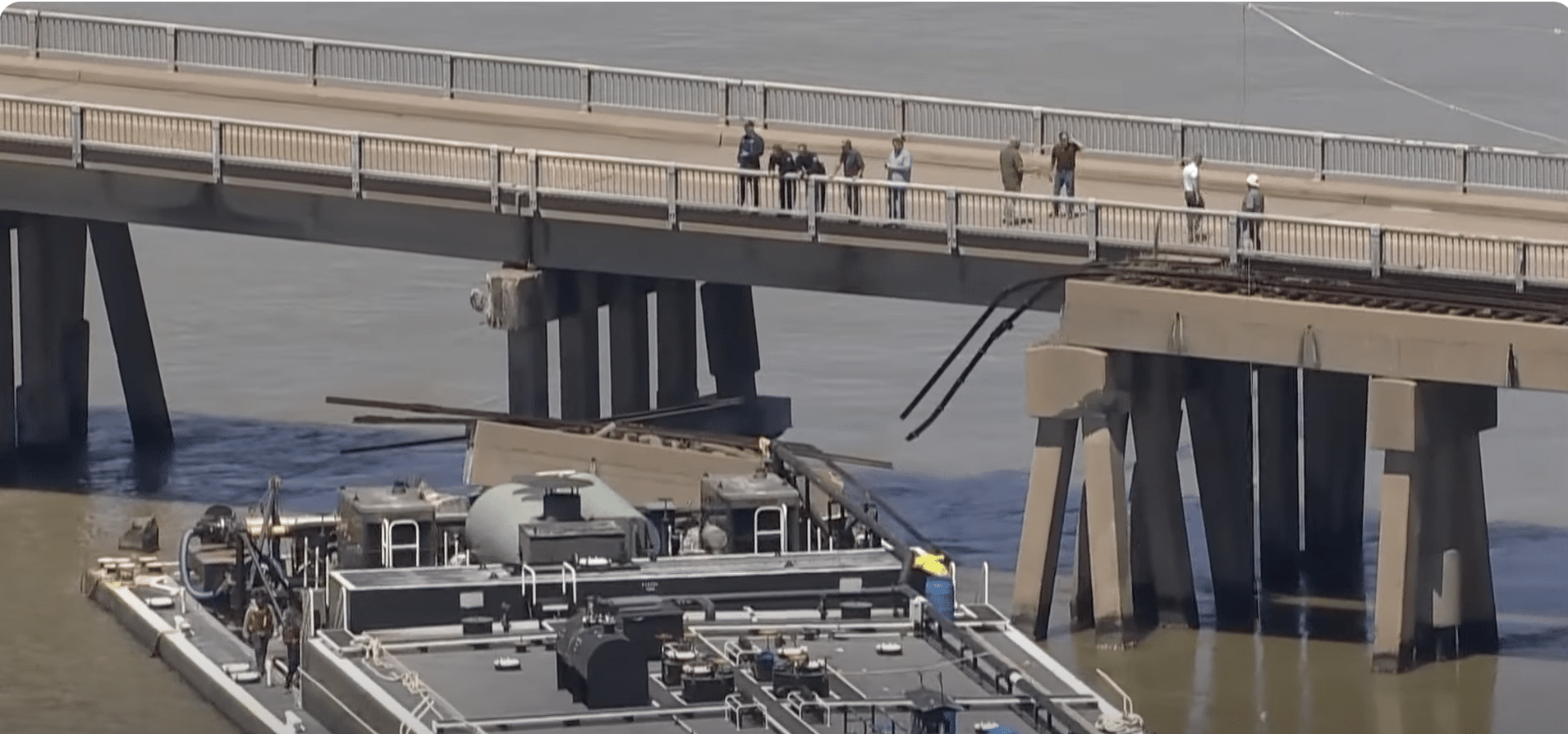OPINION (Michael Snyder) – We haven’t seen this sort of seismic activity on the west coast in a very long time. Last month, two monster earthquakes in southern California were followed by thousands upon thousands of aftershocks, and the shaking still hasn’t stopped. Scientists tell us that the San Andreas fault is “locked and loaded” and that it could potentially “unzip all at once” without any warning at all. But meanwhile, another ominous threat is looming farther north. As you will see below, more than 4,500 earthquakes have rattled the Cascadia Subduction Zone over the last two weeks, and that includes a magnitude 6.3 quake that struck off the coast of Oregon on Thursday. The following comes from the official USGS website… The August 29, 2019, M 6.3 earthquake near the coast of Oregon occurred as the result of strike-slip
faulting along the Blanco Fracture Zone, a transform fault marking the boundary between the Pacific Plate to the southwest and the Juan de Fuca Plate to the northeast. Moment tensor solutions show faulting occurred as a result of slip on a steeply dipping fault, either from left-lateral slip on a northeast striking fault or right-lateral slip on a southeast striking fault. Given the moment tensor and orientation of the fracture zone, this event occurred on a steeply dipping, right-lateral, southeast striking fault. At this location, the Juan de Fuca Plate slides past the Pacific Plate at a rate of 49 mm a year along an azimuth of 110 degrees from north. CONTINUE


















